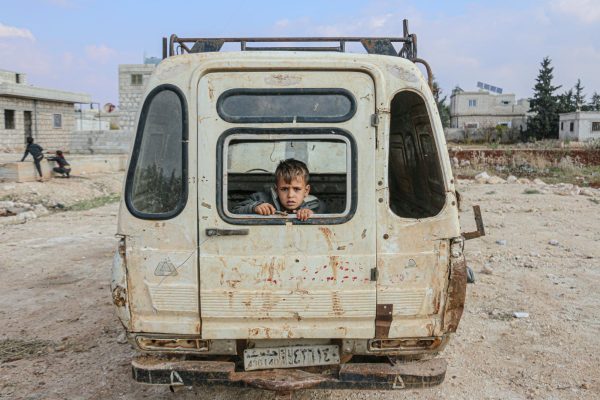Get Out the (Nashoba) Vote:
The importance of voter participation in maintaining a democratic society
“One person can make a difference, and everyone should try.” – John F. Kennedy
When politicians talk about policy, they often speak in terms of longevity. Although a President is elected for either four or eight years and Senators serve, on average, just over a decade, visions of a new America do not begin and end with elected officials. Much of what is discussed and voted on in this country will still affect the country long after the 114th Congress has left Washington.
Policy decisions regarding Social Security revolve around certain dates, the future, and the success or failure of our current climate policy, which will have ramifications for the rest of the century. If we can learn anything from the history of Twentieth-Century America, it is that foreign policy decisions leave long-lasting impressions upon societies around the world; modern-day issues in Syria have their roots in the breakup of the British Empire following World War II and American-Soviet relations in the Middle East throughout the Cold War. It has been made clear, time and time again, that the memory of the world is long and the actions of the United States are not soon forgotten.
Young people are in a unique position; they will live to see more of the consequences of modern policy than any other demographic group. Despite this, voter participation among people aged 18 to 24 is abysmal. According to the article “Young-Adult Voting,” in the 2012 presidential election, only 38% of people in this age range showed up to the polls. For every two votes cast by a young person, about eleven votes were cast by a person in their late 20’s or older, despite the fact that one in every five voting-age people in the United States is between the ages of 18 and 24.
Many young people feel that, because of the enormous size of elections, voting has no point because their individual vote will not have an impact. However, if every young person in the United States had voted in the 2012 race, the extra youth vote would have added over 20 million votes to President Obama’s total and over 10 million to Governor Romney’s.
The idea that an individual vote doesn’t make a difference is a small-minded one. It rejects the actuality that in every facet of life, we bring about change by working together. When someone casts their vote, it matters little that they are throwing their individual support behind a candidate; the opinions of most people do not hold much weight in the world. What matters is that the voter becomes part of something bigger, part of a political movement to elect a candidate and influence policy. They become part of a larger group of people, a party with a shared opinion or experience, who collectively believe not only in the cause for which they fight but also for the sacred and precious right to democracy, enshrined within the uniquely American political process.
It is misguided to think of a vote as a powerless push against an immovable mass. The voter can select who to vote for and why, and, in doing so, join a great number of otherwise powerless votes. Together, the many, weak masses become strong. If they had not joined together and voted, there would be no movement, no change, and no America. Voter participation is the foundation upon which all of the fundamental rights and ideals of a democratic society are built. It is a solemn responsibility in which we should all take part.











